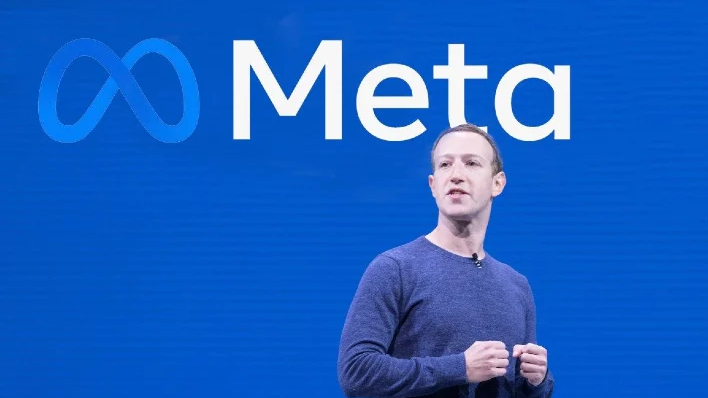Zuckerberg Testifies In FTC Trial That Could Force Meta To Sell Instagram And WhatsApp
We had previously reported that the basis of the suit were allegations of antitrust activities against Meta involving the purchase of WhatsApp and Instagram.
In his opening remark on Monday, FTC's lead lawyer Daniel Matheson alleged that Meta chose the easier route by buying out their rivals rather than competing with them. While fielding questions from Matheson that lasted several hours, Zuckerberg answered a series of questions, ranging from the early days of Facebook to the events surrounding the acquisition of Instagram. In his testimony, he mentioned major events in the history of Facebook such as the introduction of the News Feed and the difficulty of building a mobile version of the site in 2012. He also responded to questions regarding Facebook's founding mission and the challenges it faced from competitors, such as Path and Google Plus.
Thereafter the line of questioning shifted, focusing on Meta's motive in acquiring Instagram. Zuckerberg faced questions over emails he wrote where he made remarks that suggested that Instagram was growing at a pace that could mean trouble for Facebook. In another email, to which he wrote to an engineering executive who was in charge of the Facebook camera app, Zuckerberg said, “If Instagram continues to kick ass on mobile or if Google buys them, then over the next few years they could easily add pieces of their service that copy what we're doing now."

In seeking to establish that Instagram rivaled Facebook in connecting friends, which likely influenced the decision to buy Instagram, Matheus asked if both apps were competing to connect friends and if that was the most important part of their experience. In response, Zuckerberg conceded that while connecting with friends was likely a goal both platforms shared, it was not the primary source of their competition. He stated further that the desire to buy Instagram was because of its camera technology, not its social network feature.
Furthermore, In response to allegations of a monopoly, Meta's lead attorney Mark Hansen argued that the definition of the market given by the FTC was too narrow, because platforms that compete for users' attention extend beyond those put forth by the FTC. To further demonstrate this, Hansen presented internal data from Meta that showed how traffic to Facebook and Instagram increased rapidly when TikTok briefly went offline in January and also showed how more users moved to YouTube over Snapchat in 2021, when Facebook experienced a global outage.
Going by the testimony and the arguments from both sides, the FTC has a heavy burden of proving, not only that Meta has a monopoly over the market, but that it has violated the law to maintain a monopoly.

